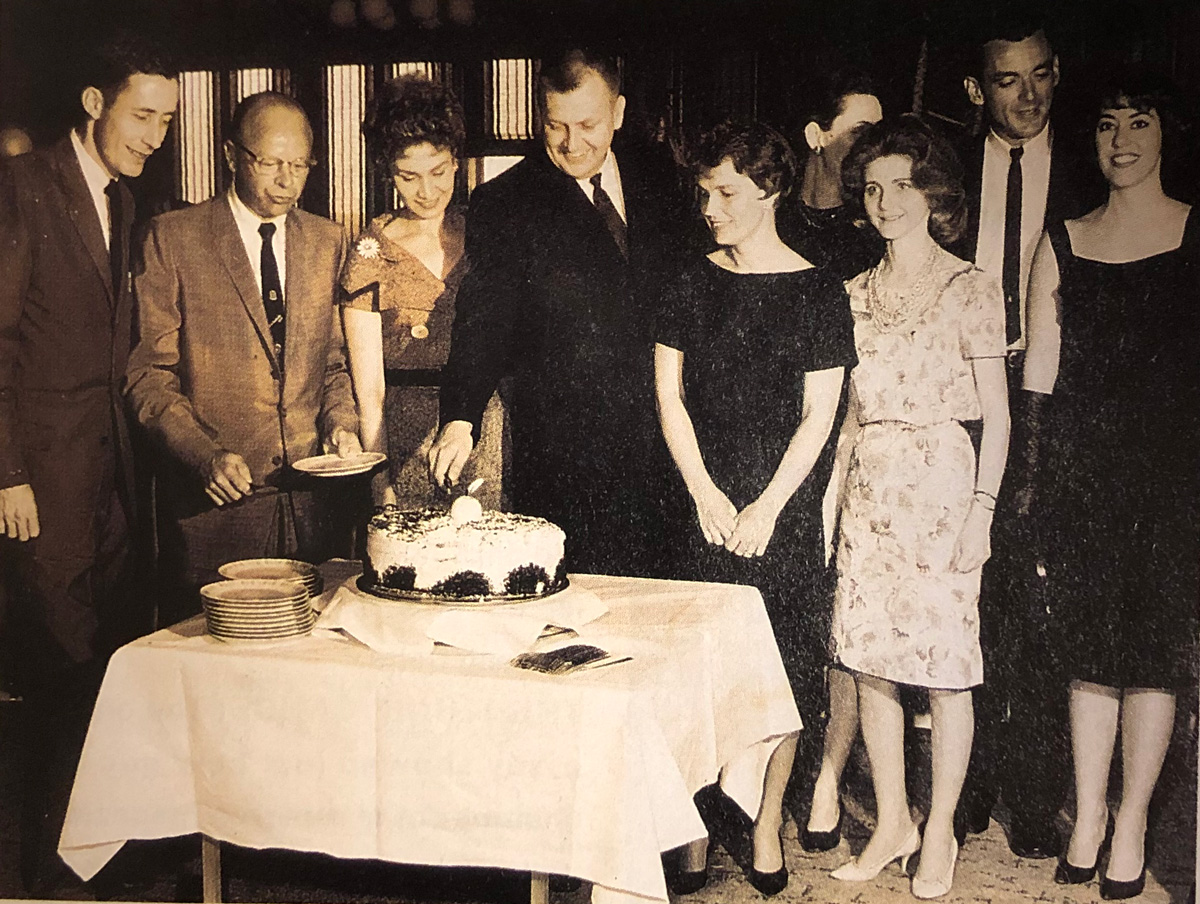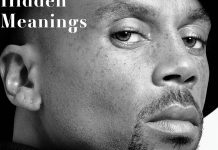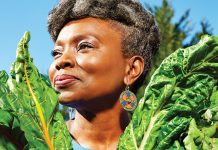
Photograph courtesy of Kem Siddons
Cliff Graubart, he of the Old New York Book Shop, called me on the 9th of September to tell me that Annie—Anne Rivers Siddons—was in hospice. “The doctors say a week,” Cliff said.
She died two days later. Lung cancer. The news came to me in four words from an email posted by Cynthia Graubart, Cliff’s wife: My heart is heavy.
I do not know why it is so, but my first thought was of the opening lines from Annie’s Peachtree Road: The south started killing Lucy Bondurant the day she was born. It does that to all its women.
It is arguably the best opening any of us ever pulled out of a keyboard.
But it’s not the book that’s important here. It’s the us, a loose company of friends bonded by youth and energy and the explosion of fiction writing that came out of the mid-’70s in Atlanta—Paul Darcy Boles, Bill Diehl, Pat Conroy, Paul Hemphill, Robert Coram. And in that male-dominated environment, there was Annie. Annie, the lady. Not the woman. The lady. Our lady.
It was that core group that would inspire the emerging Atlanta and Georgia fiction writing communities of the last 40 years, including the work in the late ’70s and ’80s of such writers as Stuart Woods, Ferrol Sams, Celestine Sibley, Mary Hood, Pam Durban, Emily Ellison and dozens of others.

Photograph courtesy of David Siddons
In that time—the mid-’70s—there were fewer than 10 published writers of fiction living in Georgia. Best known among them was Eugenia Price, from St. Simons. In Atlanta, there was Genevieve Pou and Jeff Fields. In Athens, Philip Lee Williams’s first book was released. There were others, of course, but time has scrubbed the slate board of memory.
But this is of Annie, the Lady of Us, and I do not want it to be read as a sentiment born of the melancholy of death, but as a deep, forever affection for her.
When she appeared in Atlanta out of Auburn University, she had a footnote that would follow her like a proudly inked tattoo. She had written stories for the university’s student newspaper, the Plainsman, that advocated integration. She lost her position on the paper.
In Atlanta, at the magazine edited by the happy rebel, Jim Townsend, the theme of human rights and dignity became a hallmark of her work and earned her the admiration of fellow writers. She was perfect for the role—young, brilliant, beautiful, soft-spoken, refined, talented. In almost every way, she balanced the anger and righteousness and fragility of the ’60s with passion and good sense. She had the best soul of the lot of us. She was the most refined, the kindest, the most patient, the one least likely to engage in put-downs or sarcasm or raucous humor. When she made the transition from nonfiction to fiction, as we were all beginning to do, she carried the discipline for magazine writing with her and her imagination quickly bloomed with the wonder of possibilities.
I think we were all in love with her, the men of us. She was, as Lionel Richie’s song put it, three times a lady. But it was love of respect and awe, though I’m sure all of us would have enjoyed a dance to Richie’s soulful lyrics.
Her influence on my own writing was profound. Though I worked for the Atlanta Journal at the time, I read her work in Atlanta magazine and was intimidated by its power and professionalism, the control and grandeur of her language, her caring and empathy for her subject matter. Her writing soared like the music of spirited operas, with phrases of pianissimo and fortississimo written in such perfect pitch that it turned readers into audiences.

From our May 1996 35th Anniversary Issue
And then fame. Book after book of fame. She moved from Atlanta to Charleston, bought homes in Maine, retreated little by little. Unlike the obsession of today’s writers to display on social media, Annie did none of that. No Facebook. No Twitter. No emails. She did not wallow in adoration. Adoration made her uncomfortable. I am told she had deep periods of depression. Her health became fragile, and her circle of friends drew tight. After her husband, Heyward, died in 2014, she became mostly reclusive to all but family and a few close friends.
The last time I saw her was in 2007. She came to Athens from Charleston to present me as the recipient of an award. It was a gesture of friendship that simmers deep in the warmth of my better memories.
You will find her name—always bold, always dominant—on many books. Anne Rivers Siddons. It’s as though what you see is an announcement, rather than an identity. My favorite is Peachtree Road, the one that established her as a must-read author among readers favoring the hybrid genre of literary and popular fiction. After Peachtree Road, her name alone would sell countless thousands of books and make her a megastar.
But in the beginning—in the mid-’70s, before the fame, in the company of us—none of that mattered. She was Annie, our lady. And that was enough.
Terry Kay is a Georgia-based novelist.













